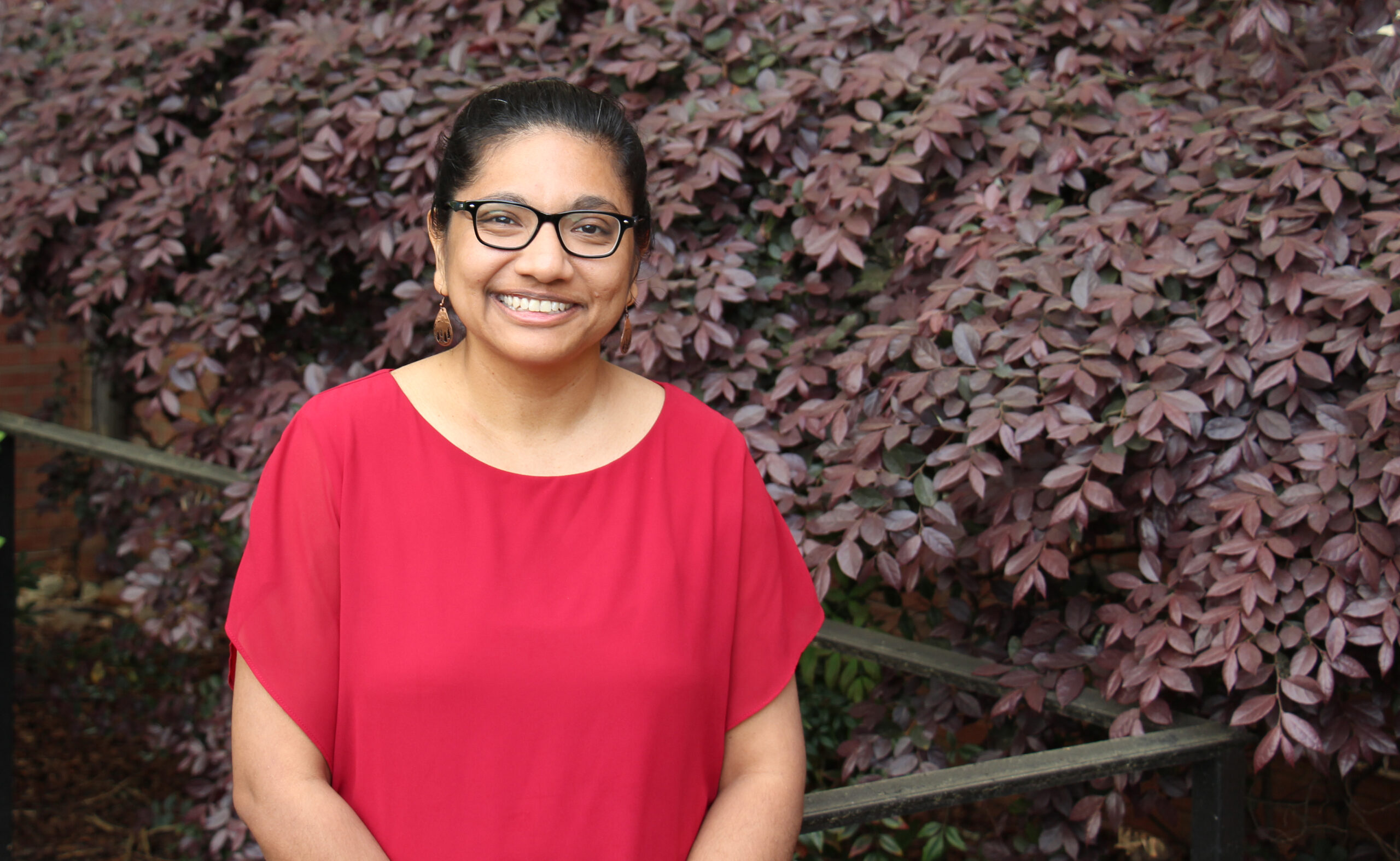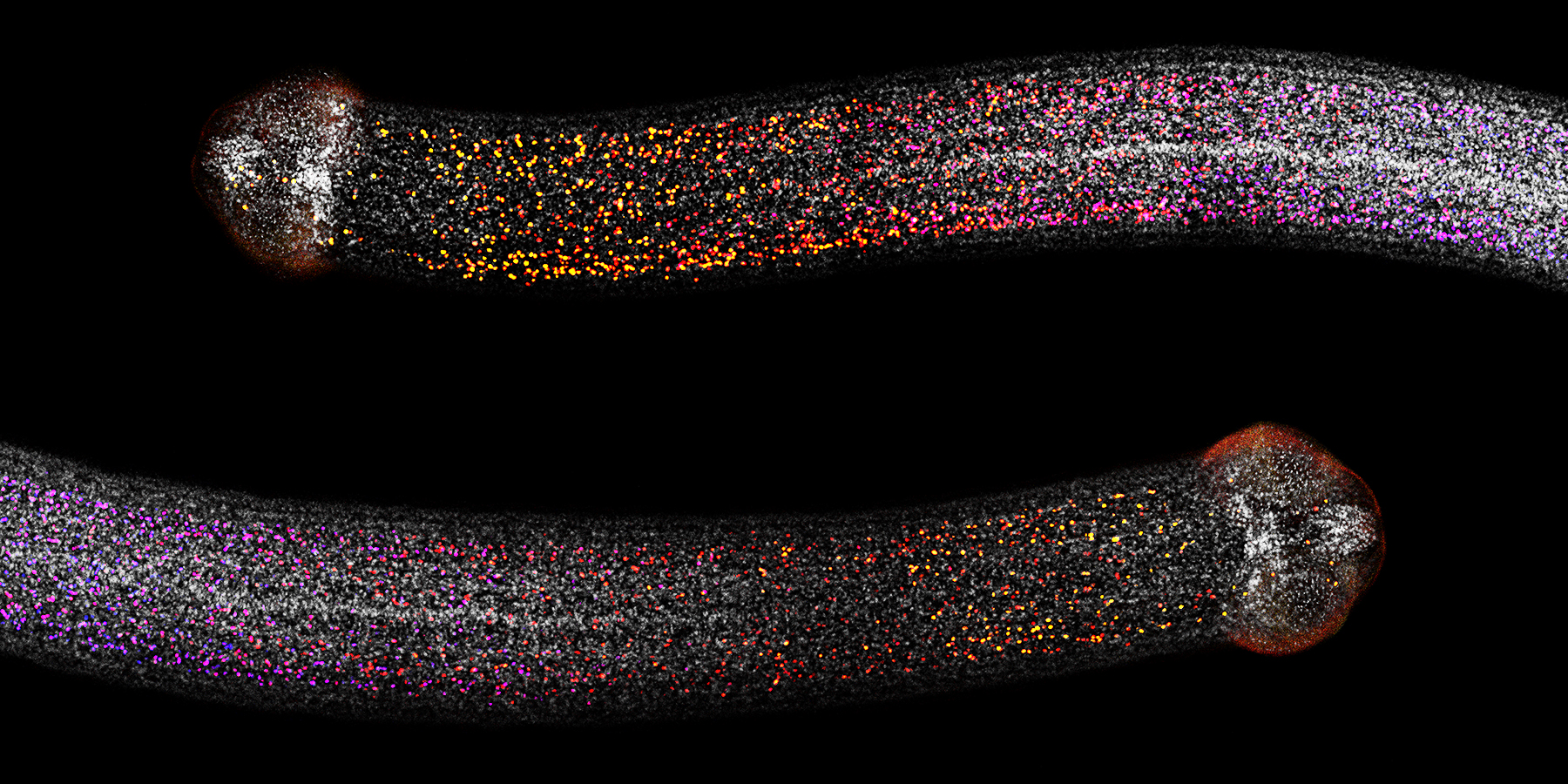Jessica Kissinger named 2025 University Professor
 CTEGD faculty member Jessica Kissinger earned the distinction of University Professor, a title bestowed on those who have made a significant impact on the university in addition to fulfilling their regular academic responsibilities.
CTEGD faculty member Jessica Kissinger earned the distinction of University Professor, a title bestowed on those who have made a significant impact on the university in addition to fulfilling their regular academic responsibilities.
An integral voice on the university’s 2020 and 2025 strategic planning committees, Kissinger has championed initiatives designed to move UGA into the ranks of the world’s elite research universities. The recommendations developed by Kissinger and her colleagues helped lay the groundwork for strategic faculty hiring initiatives that have attracted leading researchers and scholars to UGA and new programs that have increased graduate student enrollment and support for graduate students.
“In a nutshell, I am a strategist and problem solver with a vision, who has worked hard to make UGA better for all,” she said.
Kissinger’s impact on the university includes her service as a member of the university’s Goldwater Selection Committee since 2015, and as a standing member of the Committee for Fellowships and Awards in the Franklin College of Arts and Sciences. She has also provided valuable guidance to senior leadership as a member of the Provost’s Working Group on Centers and Institutes and the Digital Infrastructure Development Committee.
Kissinger is a founding member of UGA’s Institute of Bioinformatics, a group dedicated to facilitating interdisciplinary research in bioinformatics and computational biology and its applications. Under her leadership as director from 2011-2019, the institute grew to include faculty from four colleges and more than 45 graduate students. The institute unifies the exploration of genomics and bioinformatics on campus and provides graduate training in a setting that melds the two disciplines unlike many bioinformatics programs in the U.S.
The success of the Georgia Advanced Computing Resource Center, a high-performance computing and networking infrastructure for UGA researchers, can also be linked to Kissinger’s leadership. She was part of a team that established UGA’s first centralized high-performance computing cluster, and she was a tireless advocate for expanding these resources for researchers across campus. Additionally, she encouraged the GACRC to provide centralized storage and she supported the early adoption of graphical processing units, or GPUs, the driving computational power behind artificial intelligence computing.
Kissinger has been recognized many times for research and leadership. She is a recipient of the Creative Research Medal, the Lamar Dodd Creative Research Award, the Faculty Excellence in Diversity Leadership Award and the Richard F. Reiff Internationalization Award, all presented by UGA. She is a fellow of the American Association for the Advancement of Science and the American Society for Tropical Medicine and Hygiene. Most recently, she was awarded a Fulbright U.S. Scholar award to teach and conduct research at Makerere University in Uganda.
University Professors receive a permanent salary increase of $10,000 and a yearly academic support of $5,000. Nominations from the deans of UGA’s schools and colleges are reviewed by a committee, which makes a recommendation to the provost.
Full story is available at https://news.uga.edu/carmichael-kissinger-named-2025-university-professors/

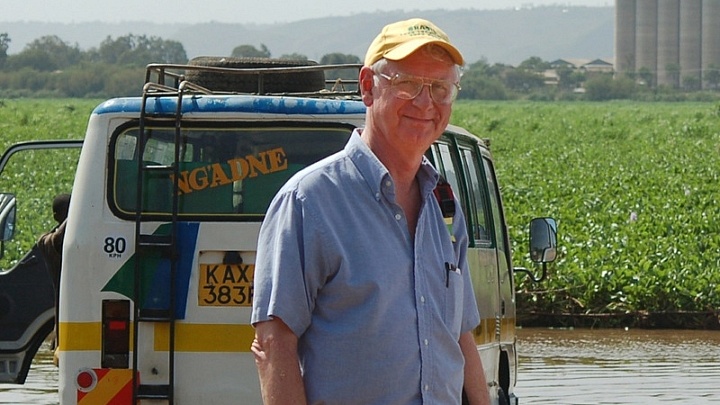
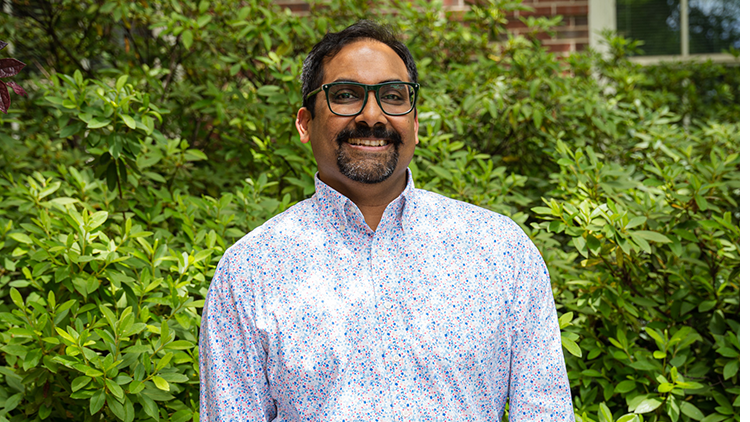
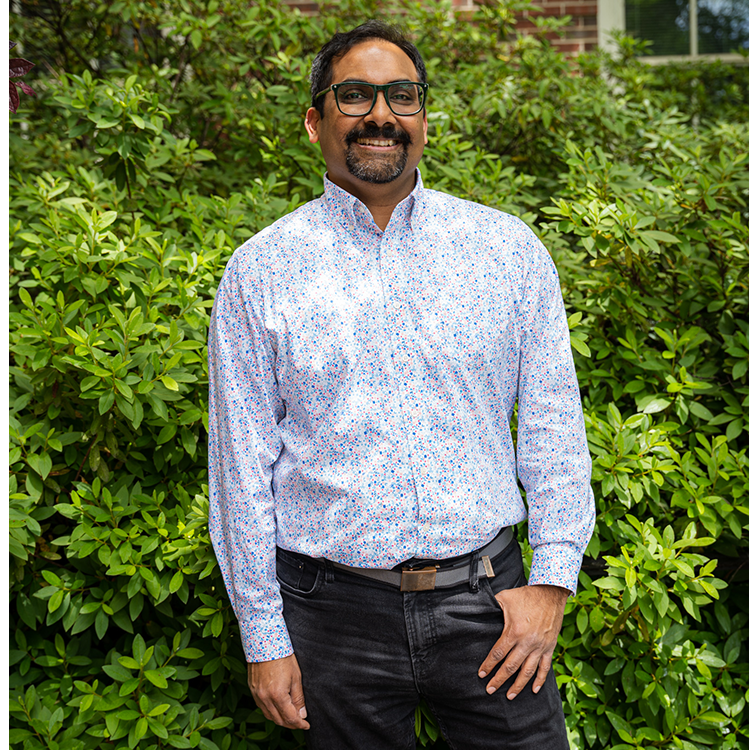
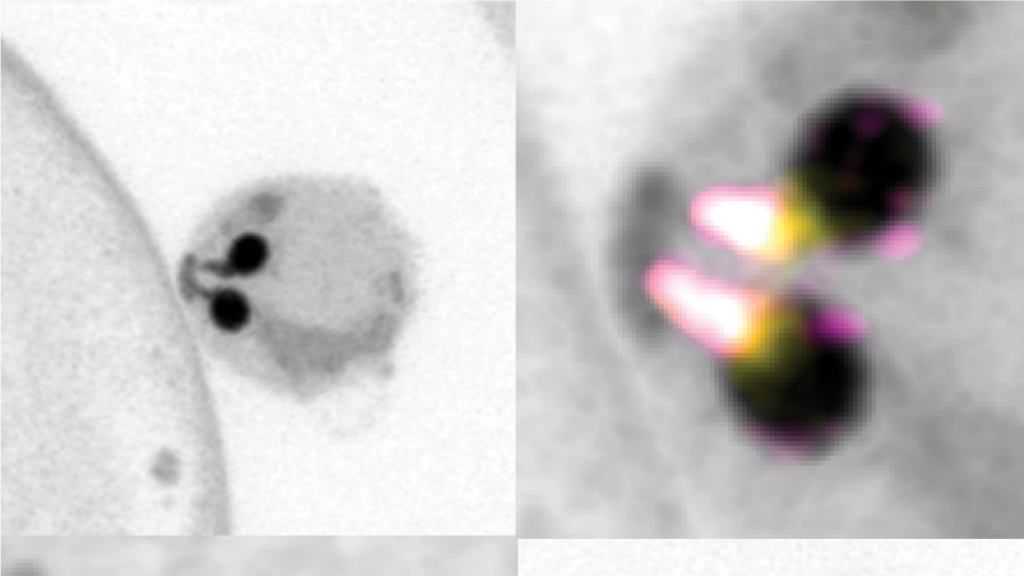


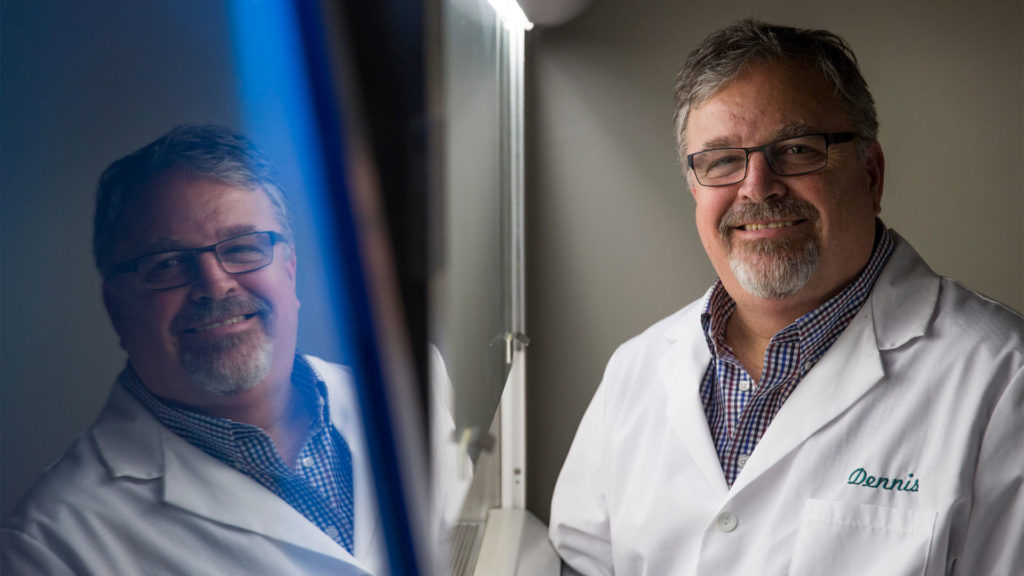

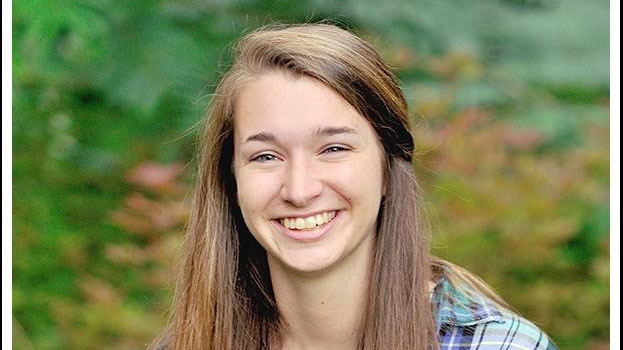
 My other advice in general for starting graduate school is to always reach out to students in labs you’re interested in joining. Students are pretty much always willing to help give clear insight into lab dynamics, mentorship of the PI, and generally how life working in that lab is. That information is all really helpful to know when choosing which lab to join!
My other advice in general for starting graduate school is to always reach out to students in labs you’re interested in joining. Students are pretty much always willing to help give clear insight into lab dynamics, mentorship of the PI, and generally how life working in that lab is. That information is all really helpful to know when choosing which lab to join!